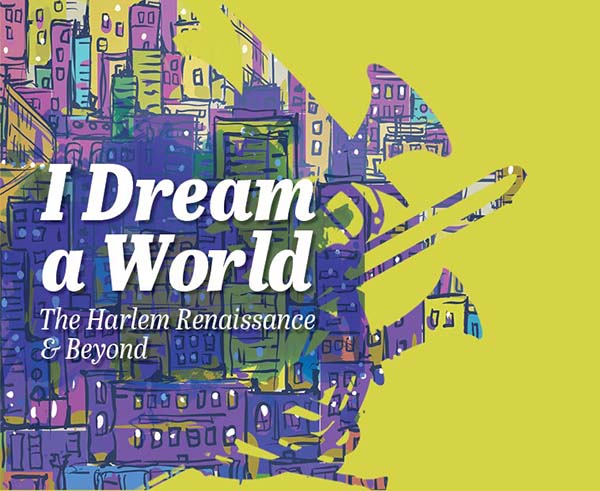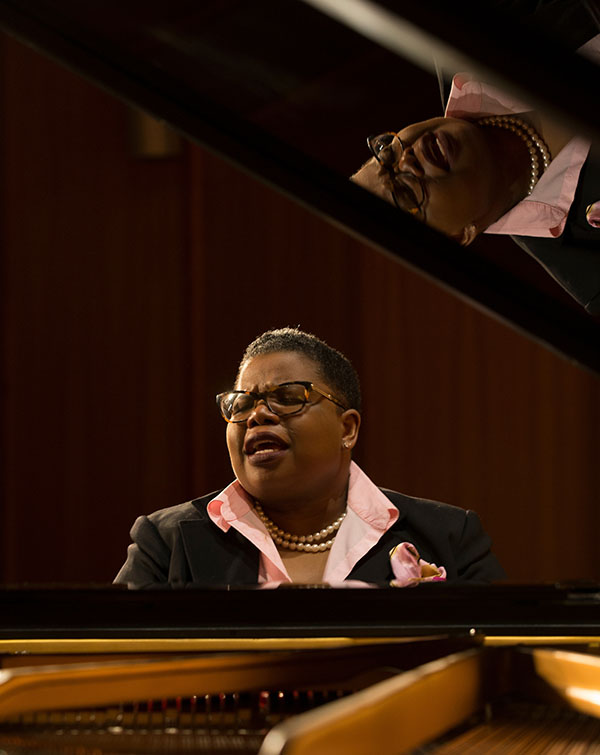Miami University musicologist curates weeklong celebration of Harlem Renaissance
The festival advances "the type of community building that the intellectuals and artisans that birthed the Renaissance employed,” Tammy Kernodle said. "That is the intention of this work: Dialogue, collaboration, and community.”

Miami University musicologist curates weeklong celebration of Harlem Renaissance

Miami University Distinguished Professor of Musicology Tammy Kernodle spent the last six months helping curate a weeklong festival that celebrated the Harlem Renaissance.
Kernodle is the Curator and Scholar-in-Residence of the New World Symphony, one of the premier orchestral fellows programs in the nation. In that role, she provided guidance on a vibrant multidisciplinary chamber program that connected the Harlem Renaissance’s artistic legacy to today.
It was all part of I Dream a World: The Harlem Renaissance and Beyond, a national festival that brings together musicians, scholars, and artists from the Miami-Dade community along with internationally acclaimed musicians, poets, and conductors.
The festival, which took place from Feb. 1- 5 at the New World Center in Miami, Florida, celebrated the history and influence of the Harlem Renaissance and the epicenters of Black excellence that thrived across the nation during the 1920s.
“In tracing the musical roots of contemporary composers, we can follow their lineage not only to 1920s Harlem but also to companion artistic movements across the country,” Kernodle said.
Kernodle said her biggest hope is that people will not just look at the festival and think it was about repertory and representation only.
“It is advancing the type of community building that the intellectuals and artisans that birthed the Renaissance employed,” she said. “They cultivated dialogue and collaboration between educators, scholars, performers, poets, visual artists, and the larger community, and that is the intention of this work: Dialogue, collaboration, and community.”
She added, “Through engagement with this historical past, I hope that we can collectively cultivate visions of unity, understanding, and social change that will frame our future.”
Kernodle previously served as president of the Society for American Music (2019–2021). Her academic writing and public intellectual work highlight African American women's role in contemporary gospel music and jazz.
She recently penned an essay for Carnegie Hall’s Timeline of African American Music titled Black Composers and Concert Artists. The essay provides an often overlooked aspect of African American music because such histories rarely include the cultural expressions of performers or composers defined as part of concert or classical music.